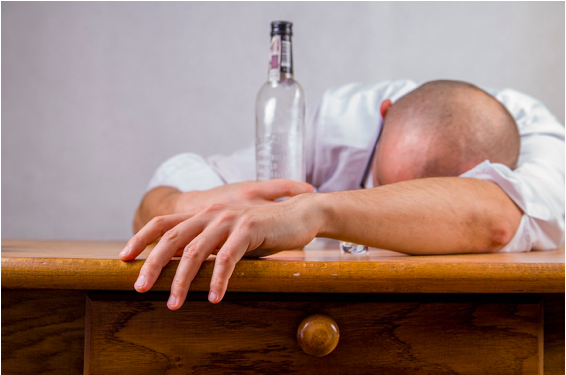Overcoming alcoholism is not easy. Alcohol is highly addictive, meaning that not only is it easy to get hooked on alcohol but quitting drinking is incredibly difficult to do.
In most cases, a professional rehab clinic will be optimal for the highest level of treatment in order to permanently quit drinking. However, there are many things that you can do yourself which will put you on the track to quit drinking, for good.
Why You Should Quit Drinking
There are many reasons to quit drinking, Most obviously, it will have enormous health and wellbeing benefits in the long term. Heavy drinkers are putting their health at risk: alcohol increases the likelihood of chronic diseases such as liver disease, as well as having a range of short-term health effects such as disrupting sleep patterns.
Even moderate drinkers will feel the positive effects of quitting drinking. The financial savings are one benefit: alcohol is expensive, especially if you are drinking at pubs and clubs, so you can easily spend $150 or more a week on alcohol. That’s $600 a month or $7200 per year! Additionally, drinking takes up a lot of time: even moderate drinkers lose a number of hours every week to being drunk, not to mention being hung-over.
Take The First Step
When it comes to quitting drinking, the first step is the hardest. This first step is admitting that you have a problem in the first place. This can be a difficult thing to do for a couple of reasons. Firstly, how do you know what qualifies as being an alcoholic and what is a “normal” drinker? Sometimes this line can be blurred, and it is easy to push the line further and further. Additionally, it takes a lot of inner courage to admit that you might have a problem and that you’re prepared to do something about it. The truth is, if you’re worried about your drinking levels and that you might be an alcoholic, you probably are.
Make a Commitment
Once you have decided you want to quit drinking, you need to make this a firm commitment. Quitting drinking is no easy feat, so you need to be 100% committed in order to be successful. You will need to set strict rules for yourself: for example, you may want to avoid going into bars at all and avoid the liquor section at the supermarket. Quitting drinking cannot be half done so you will need to give up alcohol completely if you want to be successful. Even one drink is too many so you will need to be firm with yourself if you feel yourself being tempted with “just one drink”. If you are suffering from alcohol addiction consider visiting an alcohol rehab center in Seattle, Washington.
Be Open About Your Quitting
Don’t be afraid to tell people about your decision to quit drinking. You will be surprised by the amount of support you receive from friends and family, and this will greatly increase the chances of you being successful in quitting. It will also keep you accountable – having other people know about your decision to quit makes it harder for you to cheat by having a drink, or relapse completely. In particular, you need to be open with your drinking buddies, the people you normally drink with – tell them why you won’t be coming out with them anymore and why. Over time, you will be able to be out with friends and family while they are drinking and not partake yourself, but at first, it is much safer to avoid these situations entirely. If you have anyone in your life who the only thing you have in common is drinking, it is time to let them go completely.
Be Prepared for Withdrawal
Quitting drinking is the same a giving up any kind of addiction in that you will go through an initial detox phase as your body processes and gets rid of the toxins, as well as experiencing withdrawal symptoms. This will be worse within the first 72 hours, with the first symptoms starting from 6 hours after having your last drink. These symptoms can be quite unpleasant including increased blood pressure, breathing rate, and pulse, fever, excessive sweating, insomnia and tremors. The temptation is to “treat” the withdrawal symptoms by drinking again, but it is important to get through the 72 hours so that you can get over this initial hump, and be on the road to long-term recovery.
Nobody said quitting drinking was easy, but if you persevere through the challenges and take the right approach, you will be rewarded in the end with better health and well-being.



















